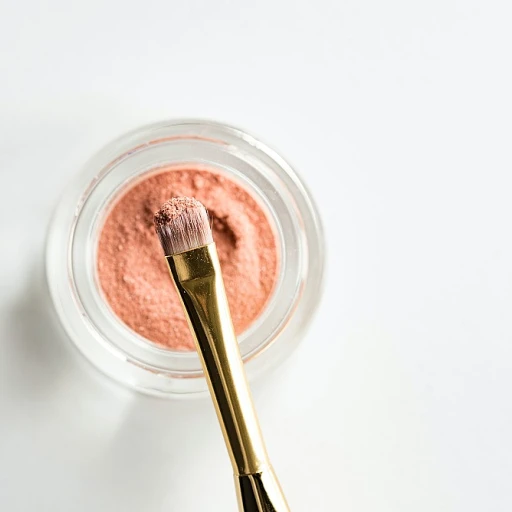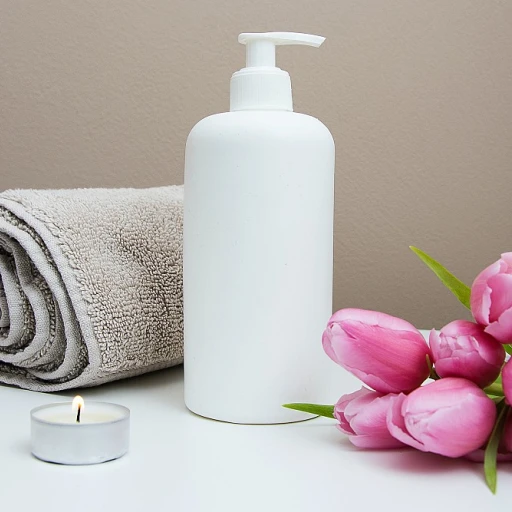
L’héritage des Maisons de Beauté: The Balance of Brand Legacy
The Enduring Allure of Heritage Brands in High-End Beauty
For many connoisseurs of luxury cosmetics, the allure of a brand's heritage is undeniable. Revered houses with a storied past carry a certain prestige that commands respect and a loyal following. It's no surprise that heritage brands dominate the market, with 73% of consumers believing that history and heritage make a beauty brand seem more authentic (Source: Luxe Digital). This perception is intricately tied to the trust and quality associated with legacy names in the industry.
Iconic brands leveraging their rich past include Chanel, Dior, and Estée Lauder – each epitomizes elegance and perennial charm. With decades, sometimes centuries, of expertise, these giants maintain an irreplaceable position in the hearts of luxury beauty aficionados. Yet, tapping into this emotional connection is an art. Carefully curated personal fragrances and meticulously preserved recipes allow these brands to remain relevant without sacrificing their inimitable ethos.
Brand Legacy: A Testament to Quality and Excellence
Quality and excellence are the bedrocks of luxury cosmetic heritage. A brand's commitment to uncompromising quality can be seen as a golden thread weaving through its historical narrative. According to a report by Statista, the global luxury goods market amounts to about $285 billion in 2020, and it's continually bolstered by consumers’ associations of heritage with superior quality. It is this enduring commitment to exclusivity and perfection that positions heritage brands as beacons of trust in an ever-evolving marketplace.
Moreover, the timeless packaging, classic design elements, and refined formulations play a pivotal role in defining a brand's legacy. It's these details that create a sensory journey for the user, turning a simple beauty routine into a luxurious ritual revered over generations. Heritage brands have mastered the art of embodying the epochs they've passed through while remaining at the forefront of exquisite, timeless appeal.
L’Innovation Contemporaine: Breaking Boundaries in Beauty
Pioneering Ingredients and Revolutionary Formulas
As the face of luxury cosmetics continues to evolve, pioneering ingredients and revolutionary formulas stand at the forefront of this transformation. Recent statistics point to a surge in consumer interest for innovative beauty solutions, with a report from Persistence Market Research indicating a growth rate of over 5% in the global cosmetic ingredients market. Brands are capitalizing on this trend by investing heavily in research and development, unveiling cutting-edge components like bio-engineered extracts and encapsulation technologies that promise enhanced efficacy and a sensory experience unlike any other.
Technology: The Beauty Game-Changer
The integration of technology in luxury cosmetics has revolutionized the industry, offering consumers personalized beauty like never before. Augmented reality (AR) makeup apps allow customers to trial products virtually, while skin scanners and AI-powered diagnostics guide them to the perfect skincare regimen. This marriage of beauty and technology isn't just a fad, it's a rapidly growing arena, underscored by a Futuresource Consulting finding that the global 'beautitech' sector is projected to reach USD 54 billion by 2027. Such innovation not only attracts a tech-savvy demographic but also reinforces a brand's image as a forward-thinking pioneer in beauty.
Green Science: The Eco-Luxe Revolution
Amidst the clamor for innovation, the modern luxury cosmetic house cannot overlook the critical importance of sustainability. Nielsen reports that 73% of global consumers are willing to change their consumption habits to reduce environmental impact, a statistic that luxury beauty brands are heeding by exploring green chemistry. From sourcing raw materials responsibly to employing eco-friendly manufacturing processes, these houses are redefining luxury with their green science initiatives, proving that elegance can be ethical.
Embracing the Digital and Social Media Frontier
In today's digital age, a robust online presence is crucial for luxury cosmetic brands looking to innovate and connect with their audience. Statista highlights that global digital advertising spending in the beauty industry is expected to exceed 2 billion U.S. dollars in 2021. This shift towards digital platforms allows cosmetic houses to engage with consumers through influencer partnerships, user-generated content, and real-time social media interactions, thereby cultivating an image of accessibility without compromising the allure of exclusivity.
From Tailored Treatments to Immersive Experiences
The luxury cosmetic consumer is not just in search of products, but also personalized experiences. The burgeoning trend of bespoke beauty, where products are tailor-made to individual preferences, is evidenced by the rise of pop-up labs and experiential stores. Furthermore, deluxe samples and luxury travel sets are being increasingly offered, thus Statistics MRC anticipates the global personalized beauty market to grow at a CAGR of 10.3% from 2020 to 2027. These curated experiences not only serve as a testament to a brand’s commitment to individuality but also generate buzz and loyalty among consumers who seek to indulge in the extravagance of custom luxury.
For a deeper dive into how these modern innovations interweave with the rich history and heritage of luxury fragrance, find discerning insights in our exploration of the perfume industry's evolution Perfume Patrimonies and Luxury Fragrances.
La Fusion Parfaite: When Tradition Meets Modernity
Merging the Epitome of Elegance with Avant-Garde Elements
The sophisticated realm of luxury cosmetics is at a sensational juncture where the esteemed traditions of historic beauty houses blend with cutting-edge innovation. A 2019 report by Allied Market Research projected the global luxury cosmetics market to reach $81,247.6 million by 2026, indicating the influential fusion of age-old expertise with contemporary advancements. Consumers seeking the crème de la crème in their beauty regimen are gripping onto the rare narrative that each product holds—a tapestry of heritage and modernity.
Esteemed names in high-end beauty artistry, such as Chanel and Dior, have ingeniously infused their coveted formulas with the latest biotechnology. They meld time-honored essences with present-day science. Chanel's Sublimage line, for example, uses Planifolia PFA, an active ingredient derived from the Madagascar vanilla plant, encapsulating the brand's affinity for pure, natural ingredients in a contemporary anti-aging miracle.
- Heritage Ingredients Reimagined
- Biotechnology in Cosmetics
- The Role of AI in Personalized Beauty Experiences
Exemplary Artisanship Meets Modern Aesthetics
As we delve into this exciting synergy, a quote by Coco Chanel resonates profoundly, "Fashion changes, but style endures." Similarly, luxury cosmetic brands are embracing change, integrating 3D printing and augmented reality (AR) to offer customers immersive and personalized experiences—yet the style, the very DNA of these brands, endures undisturbed. According to a survey by PWC, 40% of consumers are willing to pay for a product if it offers an augmented reality experience, showcasing the demand for brands that can marry traditional aesthetics with innovation-driven engagement.
The emblematic luxury house, Guerlain, achieves this by offering custom-crafted lipstick cases and fragrance bottles, allowing clients to leave their personal mark on timeless beauty pieces. This bespoke approach caters to the modern consumer's desire for exclusive cosmetics, driving home the point that authenticity and individual storytelling are at the heart of enduring prestige in the beauty industry.
Harmonizing Brand Narratives with Contemporary Desires
In the bustling intersection of luxury cosmetics, consumer desire for the exclusive and the exceptional is virtually insatiable. Insights from Grand View Research suggest that the market size for personalized cosmetics will grow significantly, feeding into the narrative that the fusion of tradition and innovation is more than a trend—it's an evolution. It's a confluence where every purchase is emotionally charged, reflecting both the customer's esteem for the brand's storied past and their aspiration for forefront innovation.
To truly grasp this synergy, one could reflect on the intricate stories behind the scents and hues that define prestigious brands. For instance, the intricate blend of heritage and modernity can be seen in Yves Saint Laurent's Rouge Pur Couture lipstick. A staple beloved since 1978, it continues to push boundaries with new, vibrant shades and formulations while maintaining the luxurious feel synonymous with YSL's iconic style.
For those who cherish a deeper look into how tradition-rich narratives are shaping today's luxury beauty scene, turn your attention to an article that spotlights luxury celebrity cosmetic lines, where the allure of fame meets the quintessence of beauty craftsmanship.
L’Avenir de Luxe: Predicting the Future of Prestige Beauty
Embracing the Digital Transformation in Luxury Beauty
As we look into the crystal ball of luxury cosmetics, one thing is clear: the digital transformation is revolutionizing how we perceive and interact with prestige beauty brands. Today, luxury beauty aficionados are not simply buying a product; they're seeking an immersive experience. According to a report by McKinsey & Company, online sales for luxury goods have seen double-digit growth, with their share of total luxury sales nearly tripling in recent years. To capitalize on this trend, many luxury cosmetic houses are investing heavily in e-commerce platforms, digital storytelling, and augmented reality (AR) to provide consumers with a seamless virtual try-on experience, thereby enhancing customer engagement dramatically.
Personalization at the Forefront of Consumer Demand
The demand for personalized luxury cosmetics has never been higher. In the current market, 45% of luxury consumers express a desire for personalized products or services. As a strategic guidepost for beauty brands, this urge for personalization implies a shift towards products that can be tailored to individual skin tones, types, and preferences. Utilizing big data and AI, premium brands are now offering bespoke skincare regimens and customizable cosmetic options. This level of customization not only deepens the user's connection to the brand but also reinforces the brand's reputation for exclusivity and prestige.
Green Luxury: Sustainability as a Status Symbol
Furthermore, the prestige of luxury cosmetic houses is increasingly being defined by their commitment to sustainability. An eco-conscious mindset is now a badge of sophistication among luxury beauty consumers. Recent statistics show that 73% of global millennial consumers are willing to spend more on a product if it comes from a sustainable brand. Luxury cosmetic companies are taking note by reducing waste, sourcing ethically, and crafting products that are both sumptuous and sustainable. As the trendsetters in beauty, luxury brands are expected to lead with green innovation, making sustainability synonymous with the most covetable products on the market.
The Intersection of Science and Skincare Luxury
Lastly, the marriage between science and luxury skincare continues to be a driving force for innovation. With a growth rate projected at 5.2% from 2021 to 2028 for the global luxury skincare market, the fusion between cutting-edge scientific research and sumptuous ingredients leads to groundbreaking products. These range from youth-preserving elixirs to potent bioengineered serums. By merging the latest scientific discoveries with an aura of exclusivity, luxury cosmetic brands position themselves at the pinnacle of both innovation and time-honored prestige.

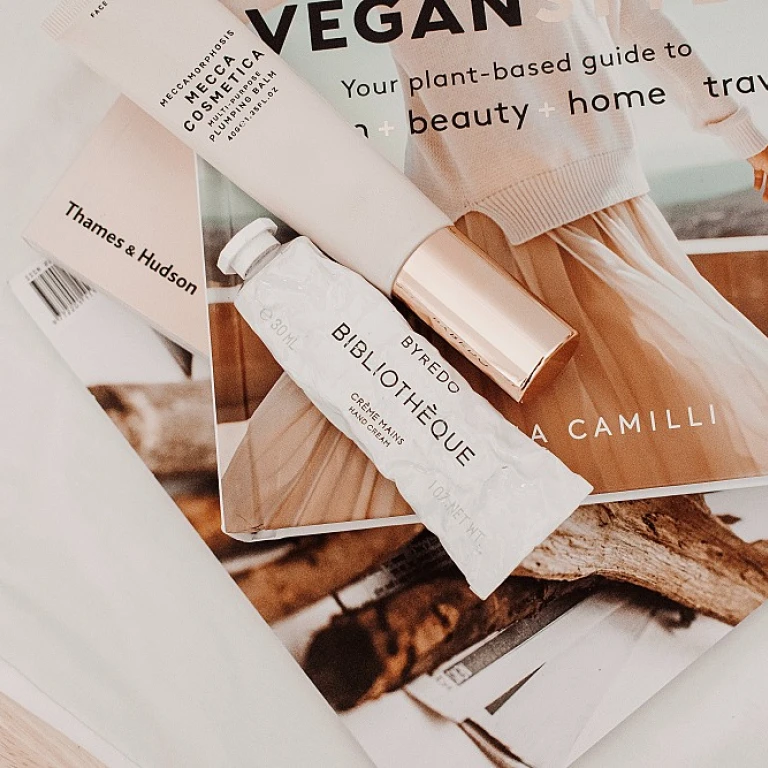
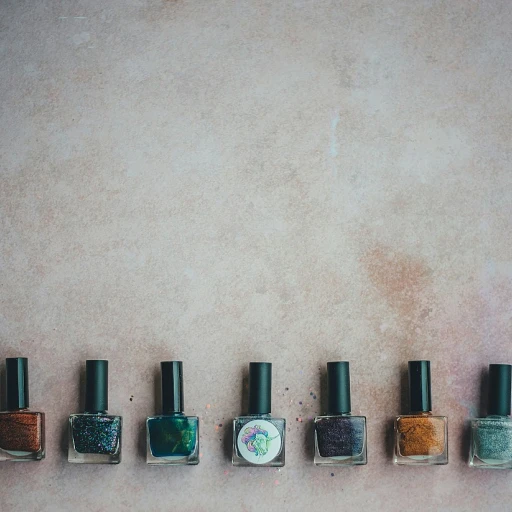
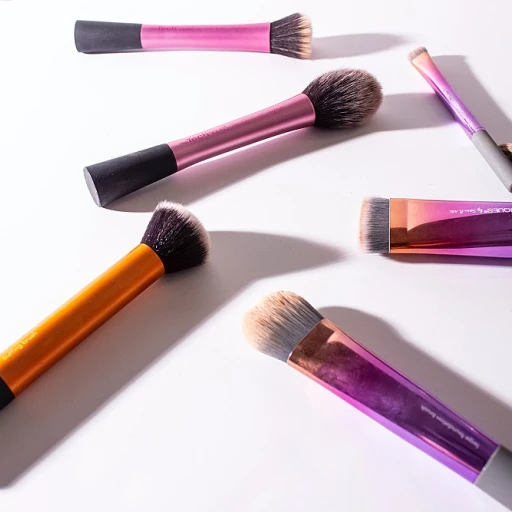
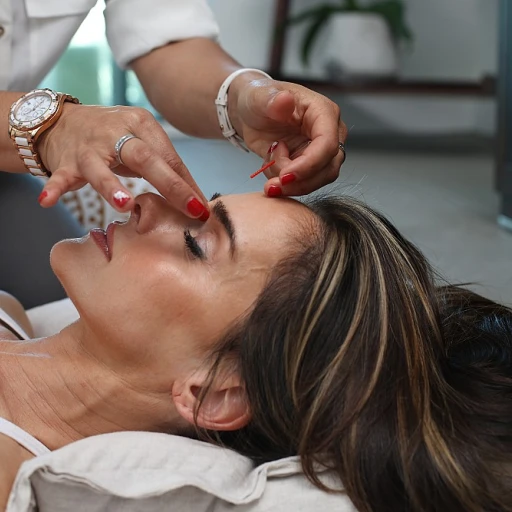
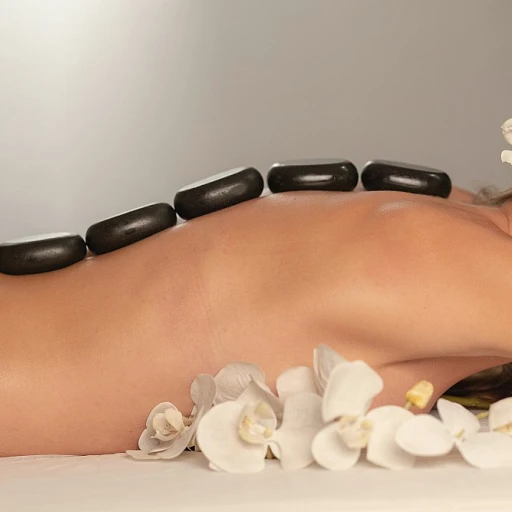
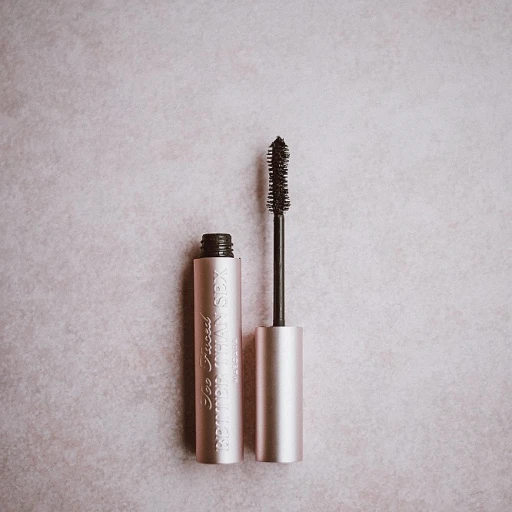
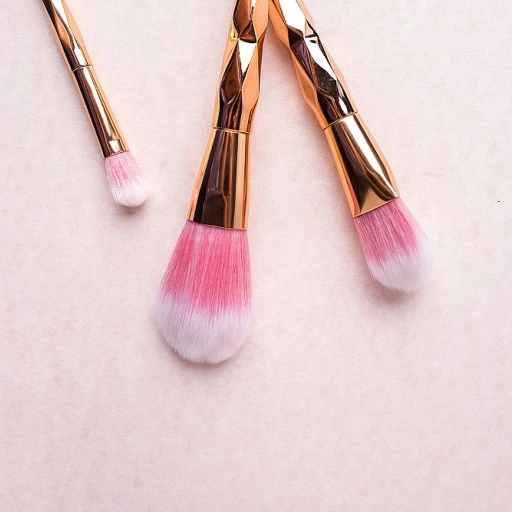

-large-teaser.webp)
-large-teaser.webp)
